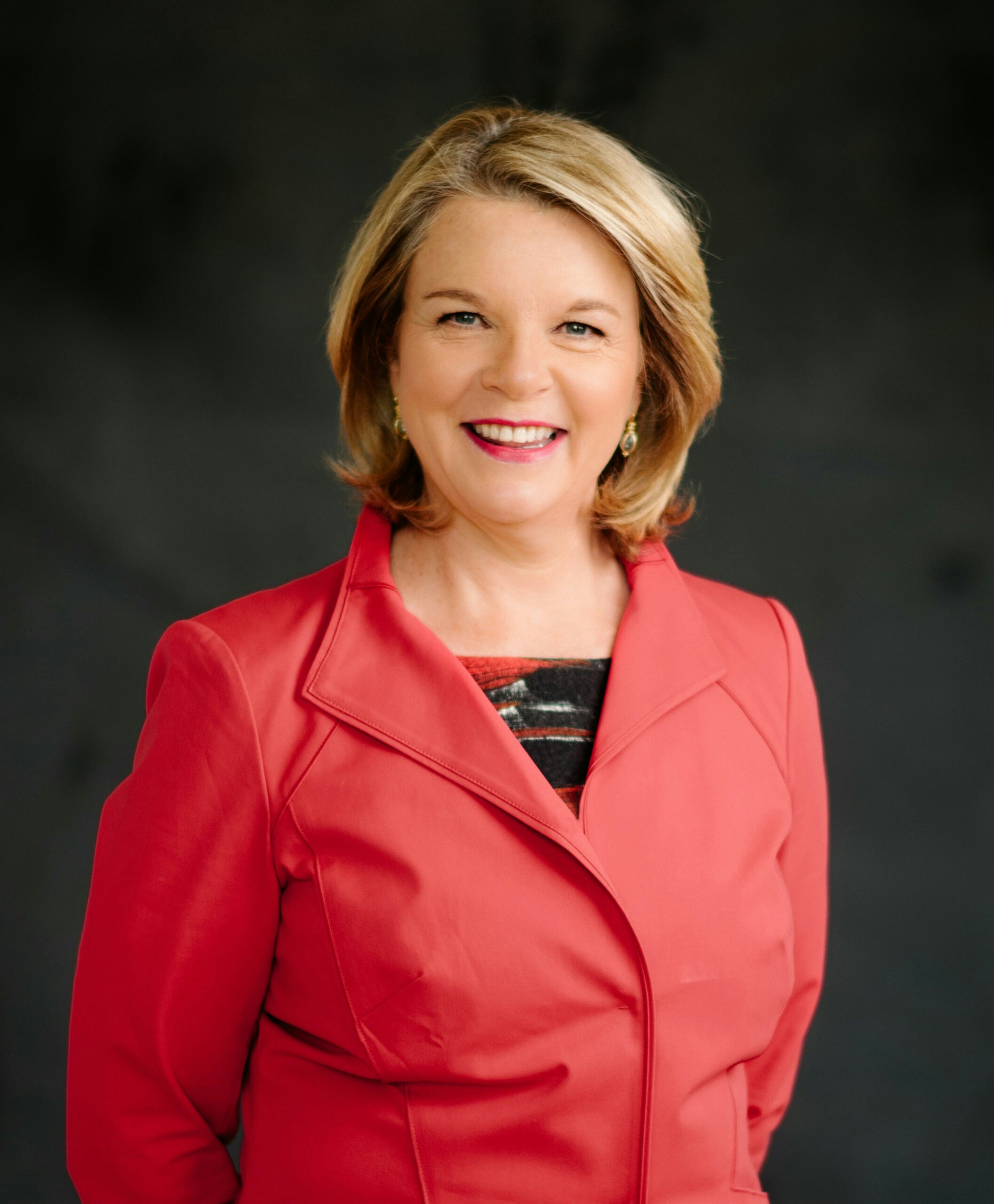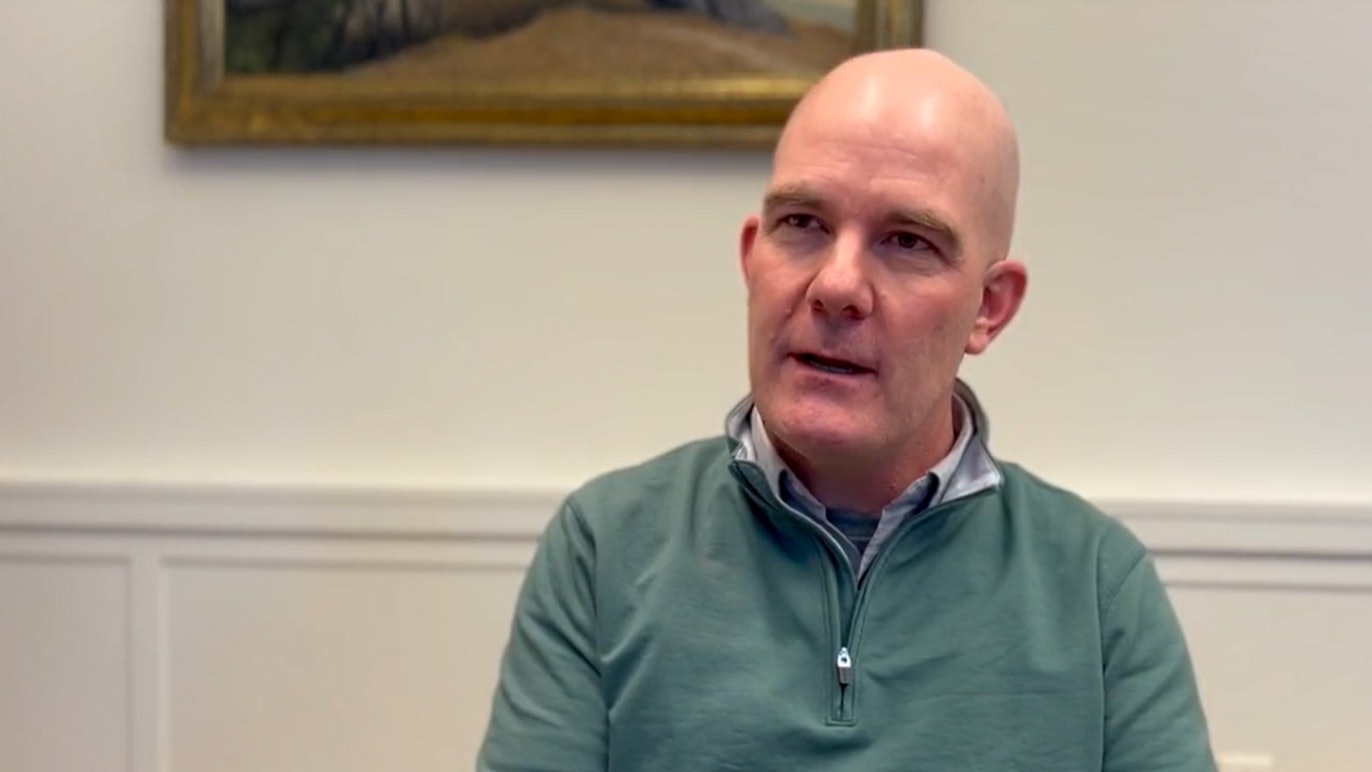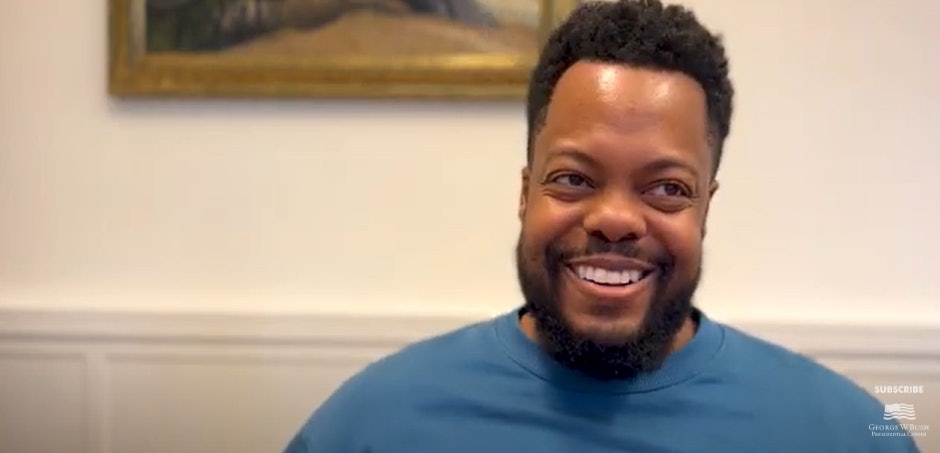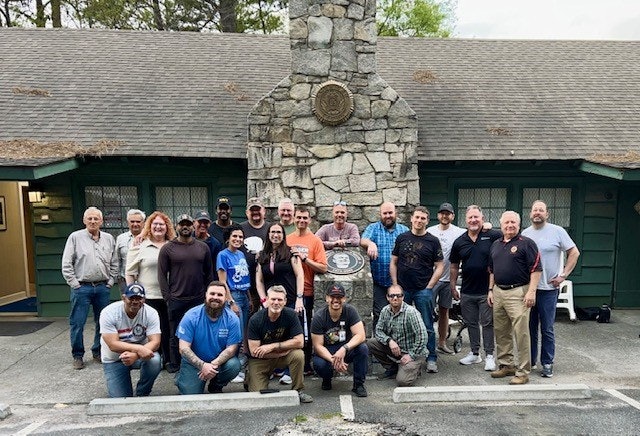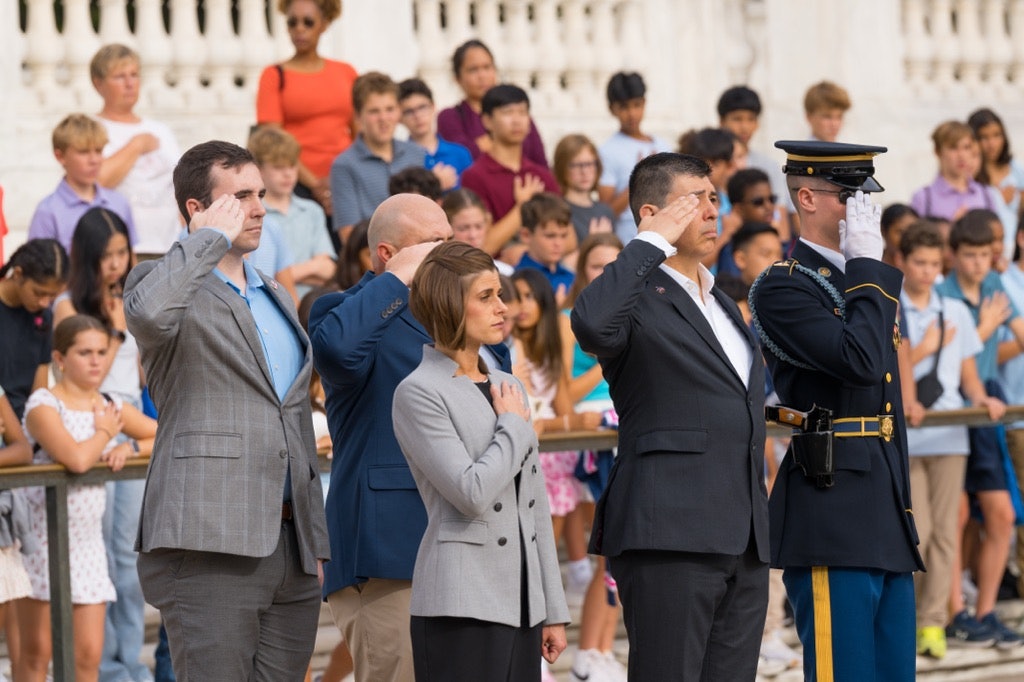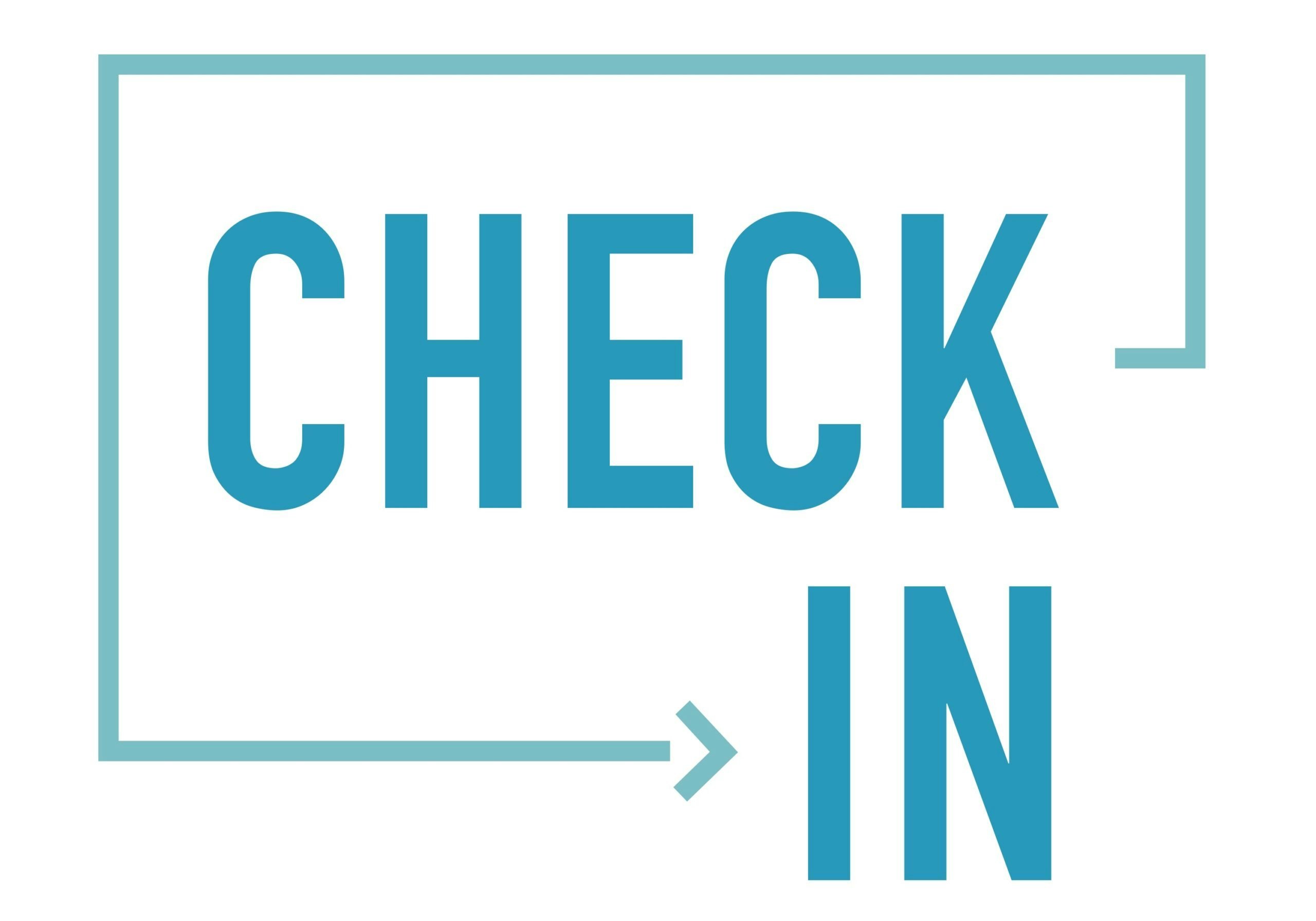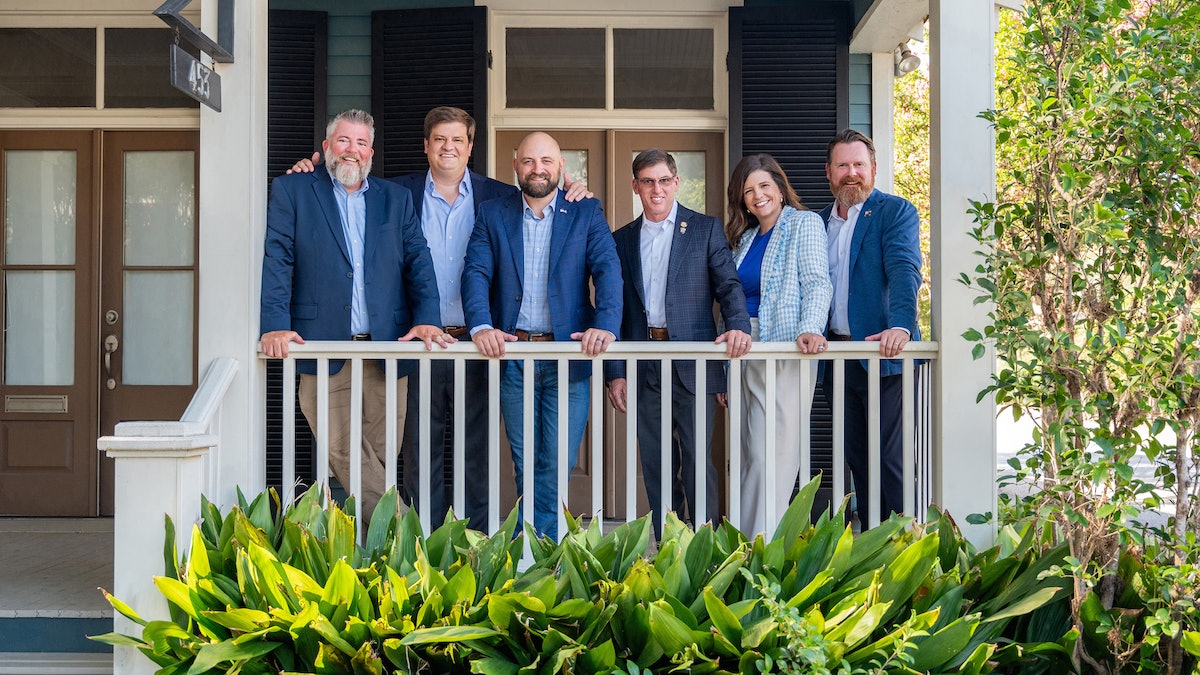This week, Hiring Our Heroes and the George W. Bush Institute's Military Service Initiative hosted Mission Transition, a summit...
This week, Hiring Our Heroes and the George W. Bush Institute’s Military Service Initiative hosted Mission Transition, a summit focused on creating employment opportunities for post-9/11 veterans and military families. Before the summit, Hiring our Heroes conducted an email interview with former Education Secretary and current George W. Bush Presidential Center President Margaret Spellings. Here’s what she had to say about supporting veterans and their families.
(The portion below originally appeared on the U.S. Chamber Blog)
What is the Bush Institute doing on veterans’ transition issues?
In 2014, we decided to start asking the tough questions and find out who our veterans are and what they really need. How can we truly have a positive impact on their lives if we don’t first try to know and understand them?
We learned quite a lot about our veterans and their needs, and you can read our complete findings here:
I am a Post-9/11 Veteran
My America: Navigating the Post-9/11 Veteran Landscape
One of the things we learned from that initial research was that there are over 45,000 veteran serving non-profit organizations – which we often refer to as the “sea of compassion.” While the outpouring of support is impressive, it can be overwhelming for newly returned veterans looking for help. And while these organizations have the best of intentions, we suspected that some delivered better results than others, which is why we took on a project to help them improve their effectiveness. Not to pit one group against another, but to ultimately help our vets. To fill this gap, we’ve developed an online resource center designed to help non-profits measure their effectiveness, give funders the tools they need to assess outcomes, and ultimately help veterans find the resources they need.
When you are meeting with veterans, what impresses you the most? What surprises you the most? What have you learned from being around them?
Veterans are uniquely skilled. They are adaptive, they are resilient, and they are highly trained problem solvers. In uniform, they have a strong sense of purpose and a commitment to service. It is our responsibility, therefore, to provide them with effective assistance when they come home, so that they become leaders in their communities, innovative entrepreneurs and valuable employees.
As President Bush has said, our country can never fully repay our vets, but we ought to try. Through our work at the Bush Institute, we want to make sure veterans are getting the support they need, which is why we have the Military Service Initiative, focused on helping post-9/11 veterans and military families make a successful transition to civilian life by improving their quality of life and developing their leadership potential.
Do you see more of a commitment to veterans and their families from the public in recent years?
We are blessed to live in a great Nation, and part of being a great Nation is being a compassionate Nation. Americans have embraced this generation of veterans and their families in a way we haven’t seen in a long time. The fact that there are over 45,000 veteran serving non-profit organizations is a true testament to our country’s strong support for our veterans.
What more can we do to help with the transition from warrior to civilian? What specifically do veterans need to help with their transitions?
Since 9/11, more than 2.5 million Americans have worn the uniform. And if you add their families to that equation, we’re talking about more than 5 million Americans who are, or will be, transitioning from military service to the civilian world. We need to listen to these transitioning families and ask the hard questions to know and understand the cultural shift they are about to undergo and address the big issues that impact them most.
Through our research, we’ve heard that some of the biggest challenges veterans face include joblessness or underemployment, the stigma surrounding post-traumatic stress or other invisible wounds, and the feeling that the very people who they defended don’t understand them – what we call the civilian-military divide. The public, private, and non-profit sectors can help bridge this divide by educating themselves on these issues and tailoring their programs to fit these needs.
By defending our country, our service members have done a hard job and they’ve done it well. Now they want to experience the American dream. And as the people they’ve defended, we owe them our support.
What about veterans’ spouses? What kind of support do they need most?
We hear a lot about the resilience and sacrifice of our men and women in uniform, but less about our military spouses and their service to our country. While our service members are deployed, it’s the spouse who sustains the family, cares for children and the home, as well as manages family finances.
Once their military member comes home, they are presented with a new set of challenges, sometimes caring for them physically but more often caring for them mentally and emotionally.
On average, military families move into a new community every 2-3 years. That means that every 2-3 years a military spouse has to find a new job and establish a new network, and probably just in time to move again. And for children in military families, that means a new school and a new community and the challenges that come with starting over and making new friends.
But just like our service members, spouses have shown their resilience and ability to innovate in order to support their families. Some have turned to self-employment so they’ll have the ability to transport a job from duty station to duty station. Others have found companies with the ability to transfer them as they move around the country. But still, the majority of military spouses say that employment is their primary concern.
Military spouses have adapted, but businesses also need to step up and answer the call because our military spouses are not only proven leaders, they are valuable members of the work force. Hiring veterans and military spouses isn’t just the right thing to do; it’s the smart thing to do.
What role does the business community play when it comes to veterans?
Securing meaningful, long-term employment and experiencing a successful transition from military to civilian life go hand in hand, and the business community is crucial to making that happen.
Over the past five years, non-profit organizations, private businesses, and government partners have committed to hiring more veterans and made the employment piece of transition a priority. And the collective effort of these jobs coalitions is paying off as we see improvement in hiring and employment rates for veterans.
There is still much work to be done, and it’s imperative that we continue to foster partnerships and devote resources across all sectors to make hiring veterans and military spouses a priority.
What do we know about the civilian-military divide? Is it closing?
Through our research, we learned that 84% of veterans say that the American public doesn’t understand the issues facing them and their families. Most Americans agree: 71% said they don’t understand the challenges facing our veterans.
The civilian-military divide is one of the most significant hurdles our veterans and military spouses encounter as they search for careers. And while I do believe we as civilians have a duty to know and understand our veterans, it is also important that our veterans adapt to understand civilian culture.
Sergeant Leslie Zimmerman, one of our Team 43 alumni, had an interesting take on the return home, saying, “Our soldiers come back and it’s kind of like a puzzle. The puzzle is the same but they are the piece that’s changed. And it’s really difficult to fit that puzzle piece back into that puzzle and make the same picture. The picture has to change and so does the puzzle piece.”
What can the current generation of veterans learn from previous generations?
Veterans have been some of our country’s most successful citizens. From business to philanthropy to the Oval Office, our Nation’s veterans have proven their ability to be resourceful, determined, and experienced leaders. And this generation is no different.
We believe that in supporting our transitioning veterans, we can unleash the potential of a generation of proud Americans who have answered the call and are ready to serve in new ways.

